When we read the Buddha’s teachings, we may need to learn some new words. Here is the meaning of some of the words that may be new to you. If you are still unsure about a lot of words, you may want to install some dictionary software.
If you are looking for suttas on a certain topic, check out the subject index.
-
alms food
Alms food is food that monks and nuns collect from lay people. Without it, they cannot eat.
-
Anāthapiṇḍika’s monastery
This is one of the two major monasteries in Sāvatthi where the Supreme Buddha often stayed. It was donated by the householder Anāthapiṇḍika. Jeta's Grove was the location of the Supreme Buddha's dwelling. -
ascetic
An ascetic, or recluse, is someone who gives up the ordinary life and lives without the comforts and pleasures of a home. We can call Buddhist monks and nuns ascetics. There were also people who are not followers of the Supreme Buddha who are ascetics. -
Assaññasatta
A heaven with gods without perception. -
asuras
Asuras, or titans, are a bad type of non-human beings who are constantly fighting with devas. Birth as an asura is considered a bad rebirth. -
attendant
An attendant is someone who takes care of someone else. Over his life our Supreme Buddha had many attendants but the most famous is Venerable Ānanda. -
bad destinations
There are four bad destinations: the animal world, the asura world, the ghost world, and hell. -
banyan tree

-
beryl

-
Bodhisatta
Someone is a bodhisatta when they have decided in a previous life to become a fully enlightened Buddha in the future. -
bodily misconduct
1) killing 2) stealing 3) sexual misconduct -
brahmā
Brahmās are the highest kind of gods that experience pure happiness and have very subtle bodies. They live for an extremely long time. -
Brahmin
In the time of the Supreme Buddha brahmins were a group of people who focused on studying and practicing the Vedas, ancient texts. Many times, however, the Buddha referred to any one who had practiced his teachings fully and become liberated (Arahant) as a Brahmin. -
burflower

-
cat’s-eyes
Cat's eye is a type of gemstone.
-
celibate
When a person is celibate, they don’t do any kind of sexual activity. -
chickpeas
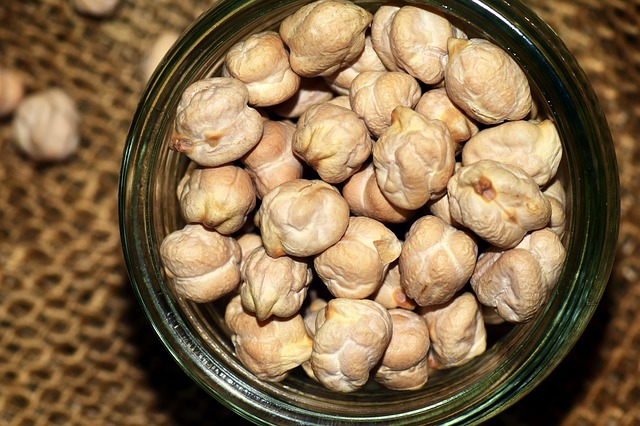
-
chief disciple
Every Supreme Buddha has two male chief disciples and two female chief disciples. Our Gautama Supreme Buddha’s two chief male disciples were Arahant Sāriputta and Arahant Mahamoggallāna. His two chief female disciples were Arahant Uppalavannā and Arahant Khemā. -
clothes from Kāsi
In the time of the Supreme Buddha, the city of Kāsi was famous for the most beautiful clothes, like Paris is today. -
cluster fig
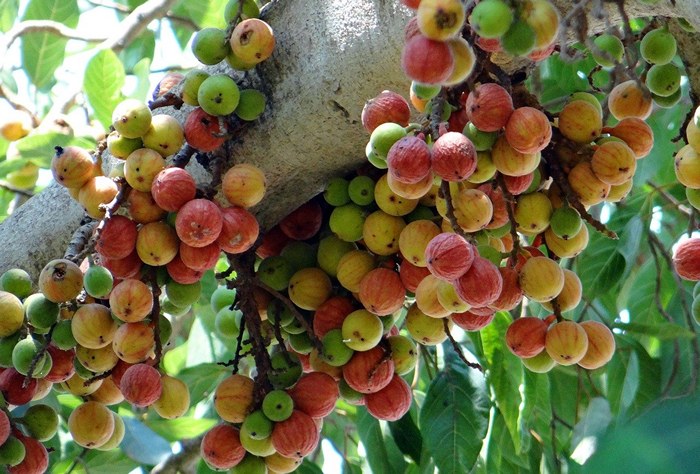
-
conceit
When you are conceited, you think you are better than other people. Conceit also has a special meaning in the Dhamma. -
conch
A conch is a type of seashell that can be played as a musical instrument.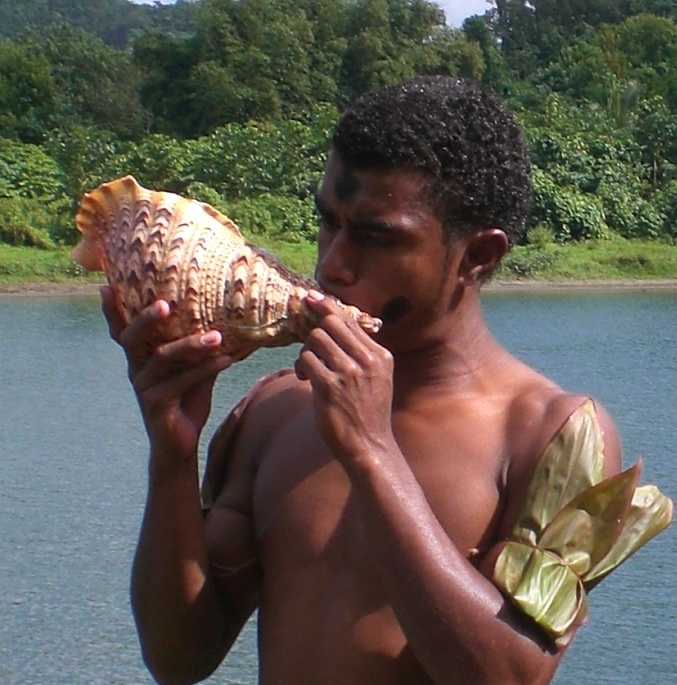
-
cowherd
A cowherd is someone who looks after cows. -
cycle of rebirth
The Supreme Buddha understood that as long as we still have greed, hatred, and delusion when we die, we have to be reborn again. He called this saṁsāra, or the cycle of birth and death. -
dandamanavaka

-
defilement
Defilements are negative, evil, unwholesome thoughts in the mind. -
deity
A deity is a god, either a deva or a brahmā. They live in the heavenly realms. -
delusion
When someone is deluded they don’t know right from wrong. They think that things that will not last forever will last forever. It also means that they don't understand the Four Noble Truths. -
dependent origination
Dependent origination (paṭicca samuppāda) is the process that causes the arising and passing away of all conditioned things. By breaking the chain of dependent origination we can put an end to rebirth in saṁsara. -
diligence
Diligence means that we work hard to follow the Buddha's teachings. Pāli: appamāda -
divine ear
(Pāli: dibba sota) The divine ear is an ability to hear sounds both near and far away, even as far as the heavenly worlds. It is a psychic power usually gained by humans through meditation. -
divine eye
When someone has the power of the divine eye, they are able to see things far away, even into the heavenly worlds. Some people with the divine eye also have the ability to see how beings die and take rebirth according to their kamma. Pāli: dibba cakkhu -
double-layered robe
Monks and nuns have three robes. One is a single layer of cloth, one is the same but made of two layers, and one that is smaller for wearing around the waist. -
eating in moderation
When we eat in moderation, we eat understanding the correct we eat just to maintain and nourish the body, not for fun, pleasure, or to make ourselves beautiful. -
eight individuals
This refers to- someone on the path to stream entry
- someone who has attained stream entry
- someone on the path to once returner
- someone who has attained once returner
- someone on the path to non-returner
- someone who has attained non-returner
- someone on the path to arahant
- someone who has attained arahant
-
eight precepts
1) Not killing 2) not stealing 3) not engaging in sexual activity 4) not lying 5) not using drugs or alcohol 6) not using entertainment or cosmetics 7) not eating after 12 noon 8) not using luxurious seats and beds. The Buddha asked his lay disciples to keep these on the full moon days. -
eny
Blackbuck (Pāli: eṇeyyaka)
-
eon
An eon is an extremely long period of time. More than millions and millions of years. Pāli: kalpa -
existence
Repeated birth from one life to another. -
factors of enlightenment
There are seven enlightenment factors(bojjhaṅga): mindfulness (satisambojjhaṅga), investigation of phenomenon (dhammavicayasambojjhaṅga), energy (vīriyasambojjhaṅga), rapture (pītisambojjhaṅga), tranquility (passaddhisambojjhaṅga), concentration (samādhisambojjhaṅga), equanimity (upekkhāsambojjhaṅga) -
far shore
The Supreme Buddha often called Nibbāna "the far shore" and saṁsara "the near shore." -
fetters
A fetter is a chain that ties up a prisoner. There are ten fetters (saṁyojana) that bind us to saṁsara. As we remove them, we attain the stages of enlightenment. The fetters are 1. identity view 2. doubt 3. distorted grasp of rules and vows 4. sensual desire 5. ill will 6. lust for form 7. lust for the formless 8. conceit 9. restlessness and 10. ignorance. -
five groups of clinging
The five (pañca) groups of clinging (upādanakkhandha) are form (rūpa), feeling (vedanā), perception (saññā), formations (sankhāra), and consciousness (viññāṇa). -
five kinds of worldly pleasures
Good things to see, hear, smell, taste, and touch. -
five precepts
1) Not killing 2) not stealing 3) not committing sexual misconduct 4) not lying 5) not using drugs or alcohol. The Buddha asked his lay disciples to keep these at all times. -
formations
Form, feelings, perceptions, thoughts and consciousness. -
Four Divine Abidings
The Supreme Buddha taught us four special ways to think that give us happiness and train the mind for attaining Nibbāna. Mettā: Loving-kindness Karunā: Compassion Muditā: Rejoicing or Appreciative Joy Upekhā: Equanimity -
four great oceans
Now we can think of the four great oceans as the Atlantic, Pacific, Indian and Arctic. -
four winds
The four winds are winds from the north, south east, and west. -
fully enlightened
When we say that someone is fully, supremely, or perfectly enlightened, it means that the became enlightened on their own without a teacher and they are able to teach others to become enlightened. This is the quality of a Buddha. Pāli: sammāsambuddho -
gandhabbas
Gandhabbas are a type of heavenly musician. -
ghee
Ghee (ghata) is the oil part of milk, also called clarified butter.
-
goad
A goad is a kind of stick used to control an animal. An ankus is a special goad for elephants.
-
going forth
When someone goes forth, they become a monk or a nun. -
golden hens

-
good destination
The Buddha explained there are three good destinations: 1) human world 2) deva world, and brahma world. -
Great Sage
The Supreme Buddha -
Great Seer
The Supreme Buddha -
guarding the doors of the sense faculties
When we are careful about the way we use our eyes, ears nose, tongue, body, and mind, then we will be safe and happy. We do not allow defilements to enter our mind through our six senses. -
hindrances
The five hindrances (pañca nīvarana) are lust, hatred, sleepiness, restlessness & remorse, and doubt. The hindrances block our concentration and our wisdom. -
homelessness
When we talk about someone "going forth from the lay life to homelessness" it means they become a monk or nun. -
household life
When a person lives an ordinary life, not being a monk or nun, we call this the household life. -
ignorance
Not knowing the Four Noble Truths Pāli: avijjā -
immoderate in eating
When we are immoderate in eating, we eat for fun, pleasure, and to make ourselves beautiful, not just to maintain and nourish the body. -
Isipatana
Isipatana is where the first sermon was preached.
-
jackal

-
jasmine
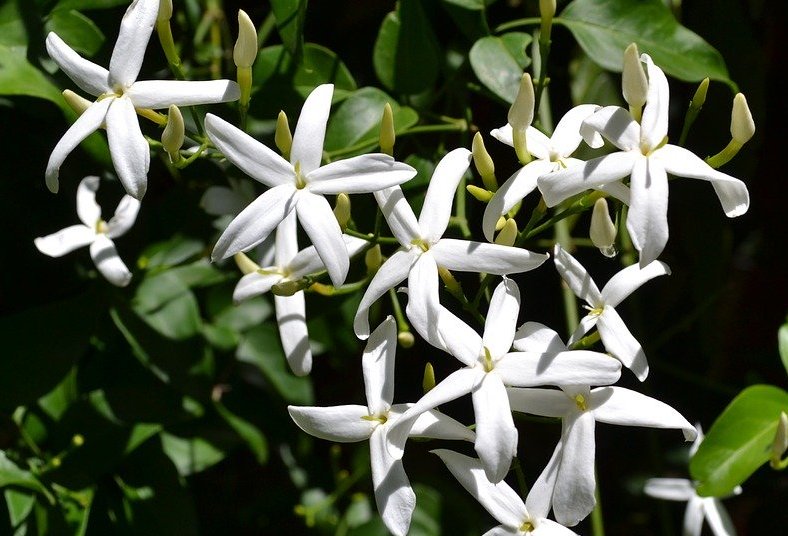
-
jhāna
Jhānas are deep states of meditation. -
jīvañjīvaka
Its name means "live! live!" That is the sound of its call.
-
jujube
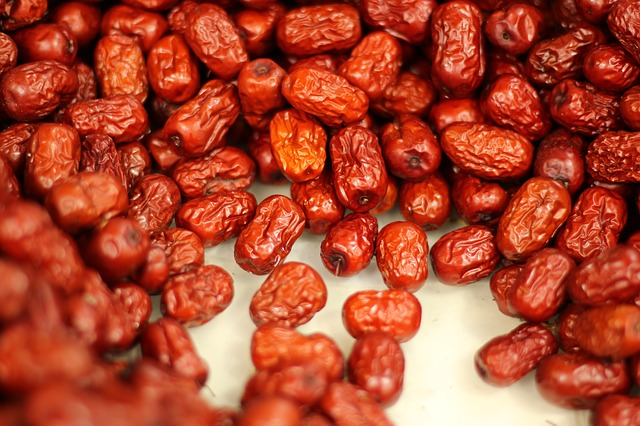
-
jungle hens

-
kamma
Kamma (or karma) is action that we do on purpose. Good actions give good results and bad actions give bad results. -
Kapilavatthu
This is the Supreme Buddha’s home town from where the Sākyas ruled.
-
Karavīka’s
A Cuckoo.
-
kareri

-
Kāsi cloth
The kingdom of Kāsi was famous for having the finest cloth and perfumes. Even today that area of India is still well known for this.
-
Kassapa Buddha
Kassapa Buddha was the Supreme Buddha prior to our Gotama Supreme Buddha. -
kumbhandas
Kumbhandas are a type of non-human being. They are usually short. -
lay follower
A lay follower (upāsaka/upāsīkā) is a disciple of the Supreme Buddha who is not a monk or nun. If they are very devoted, they may wear white clothes some or all of the time.
-
lay life
When someone leads the lay life, it means that person is not a monk or a nun. -
league
A league (yojanā) is about 10 kilometers. -
liberated ones
The disciples of the Buddha who have gotten free from all defilements and stopped the cycle of rebirth. This is their final life and will have no more rebirth. -
liberation
enlightenment -
lotus root

-
Mahari
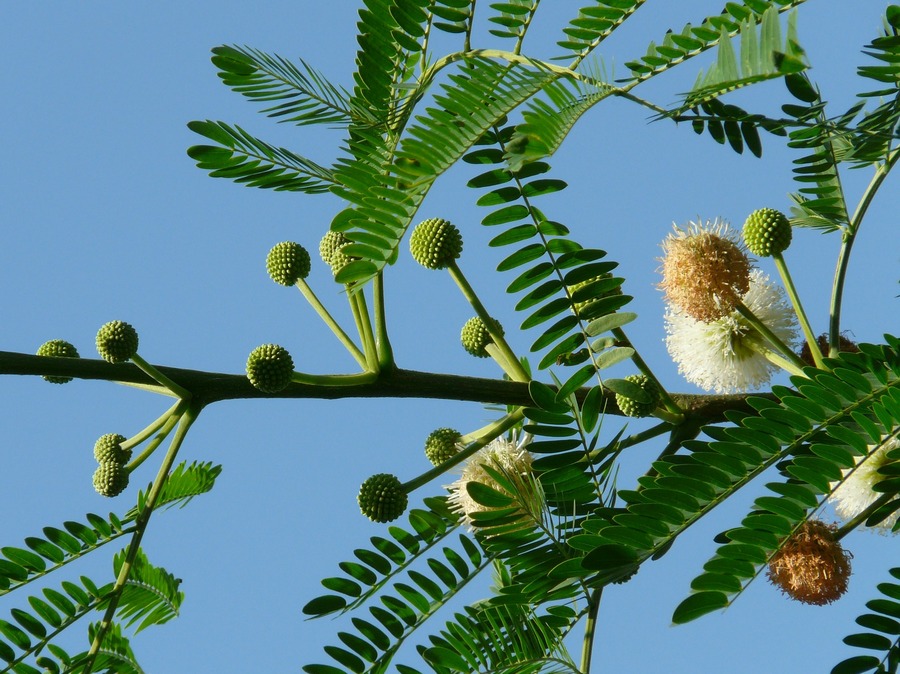
-
Māra
Māra is an evil spirit who tries to keep people from attaining enlightenment. -
marks of a great man
These are the 32 marks on the body of someone who will either become a Supreme Buddha or a Universal King. You can learn more about the Buddha Gotama's great marks in the Lakkhana Sutta. -
mental misconduct
thoughts of 1) greed 2) hatred 3) delusion -
mentality and materiality
(Pali: nāma-rūpa). Mentality is made up of feeling (vedanā) , perception(saññā), intention (cetanā), contact (phasso), & attention(manasikāro). Materiality is made up of the four great elements (cattāro mahābhūtā) and the form dependent on the four great elements. -
merit
The Supreme Buddha called all the good actions we do merit (puñña). The three main ways of collecting this kind of good karma are giving (dāna), ethical behaviour (sīla), and developing the mind (bhāvana).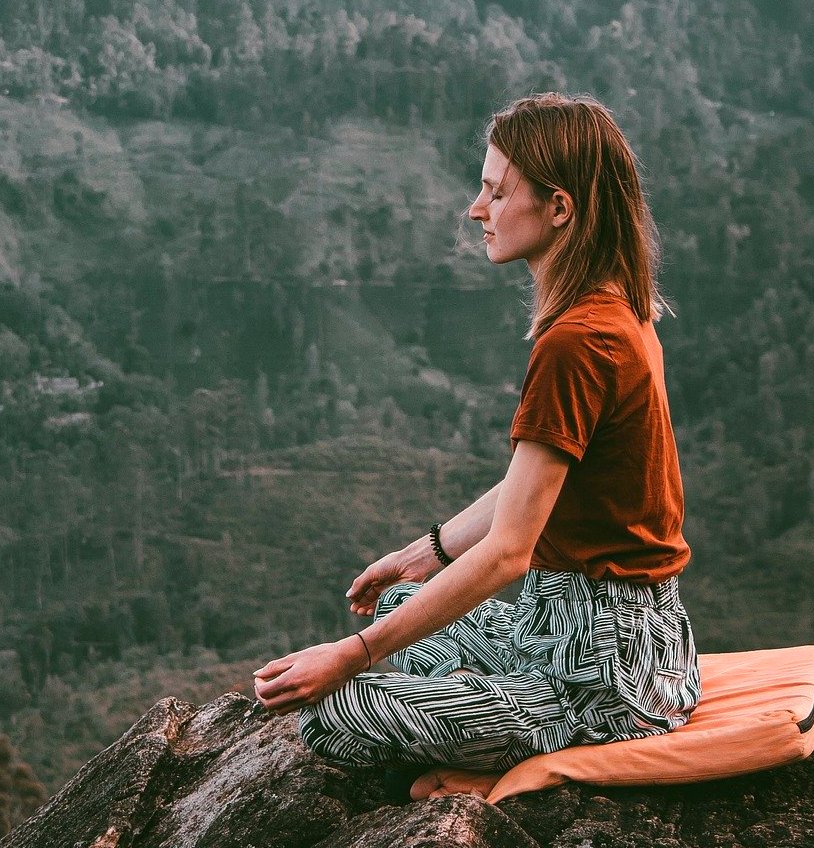
-
monastic code
The monastic code is a set of rules a Buddha gives for monks and nuns to follow. -
mung

-
mustard seeds

-
myna-birds

-
myrobalan

-
nāgas
Nāgas are a type of non-human beings, like giant snakes. Sometimes humans who are very powerful are called nāgas. Sometimes elephants are called nāgas. Here is a five-headed nāga protecting the Supreme Buddha: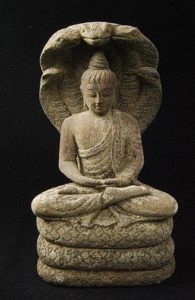
-
naked ascetic
Naked ascetics (acela) believe that not wearing clothes increases spiritual power. They hold this and many other wrong views. -
nimb

-
Nimmanarati
This is the heaven of the devas (gods) that delight in creating things -
Noble Eightfold Path
The Noble Eightfold Path is the Buddha's instructions on attaining enlightenment. It is 1. Right View 2. Right Intention 3. Right Speech 4. Right Action 5. Right Livelihood 6. Right Effort 7. Right Mindfulness 8. Right Concentration -
noble ones
The noble ones (ariya) are humans or gods who have attained some stage of enlightenment. Specifically they are 1. stream entrant (sotāpanna), 2. once returner (sakadāgāmi), 3. non-returner (anāgāmi), and 4. arahant. -
non-human
Non-humans are beings like nāgās, gandhabbās, kumbhandhās, ghosts, and even devas and brahmas. The meaning can be general or specific in different situations. -
non-returner
A non-returner (anāgāmi) is a human or god who has completely removed the five lower fetters and will not be reborn in the human world again before they attain Nibbāna. -
Once-Returner
A Once-returner (sakadāgāmi) has removed the three lower fetters of 1) identity view 2) doubt 3) distorted grasp of rules and vows and has weakened the next two: 4) sensual desire 5) ill will. -
Pacceka Buddha
A Pacceka Buddha attains enlightenment on their own without a teacher, however they do not spread the teachings they have learned. -
Palol
(Pāli: pāṭaliyā) Trumpet flower tree.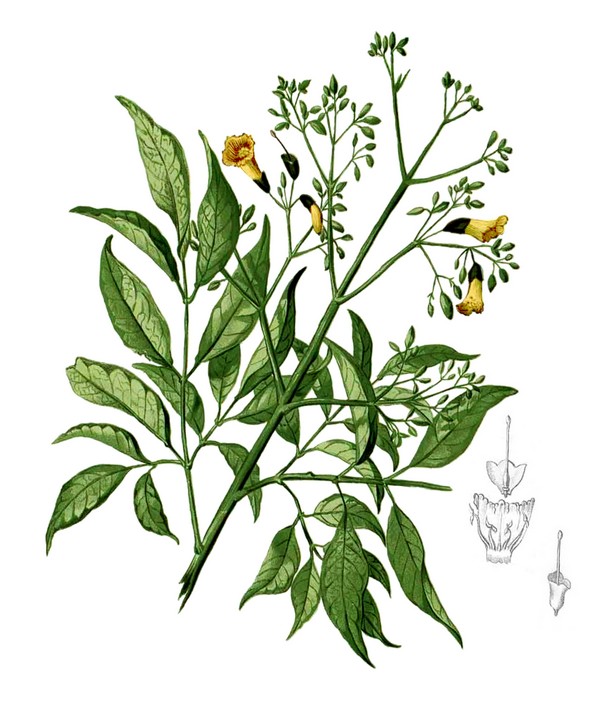
-
pharusaka

-
plow
A plow is a machine that helps dig up soil for planting.
-
plowshare
A plowshare is the sharp metal part of the plow that digs in the soil like a shovel.
-
psychic powers
Psychic powers are skills that a developed mind can have that allow the person to see or hear things far away, read minds, fly through the air, etc. -
Rājagaha
Rājagaha was the home of King Bimbisāra and is the location of the Bamboo Grove monastery. Mt. Vulture's Peak is outside of the city.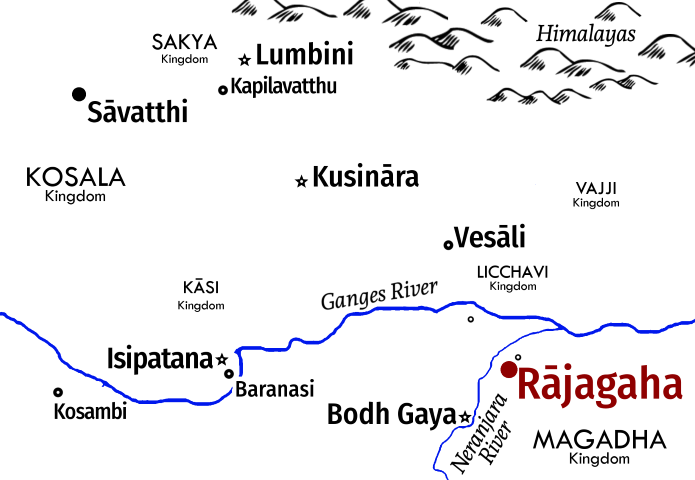
-
renounce
When we renounce something, we give it up and don’t use it again. Renunciation is an important part of the Buddha’s teachings. -
righteous
When someone is righteous, they always follow good actions and avoid bad actions. Pāli: dhammika -
rims and hubs

-
ruby

-
sacred fig

-
sage
A sage is a very wise person. Sometimes it is used to talk about the Supreme Buddha or an Arahant. -
Sakka
Sakka is a deva (a god) who rules over the Heaven of the Four Great Kings and the Heaven of the Thirty Three Gods. Below is a statue of Sakka, lord of gods.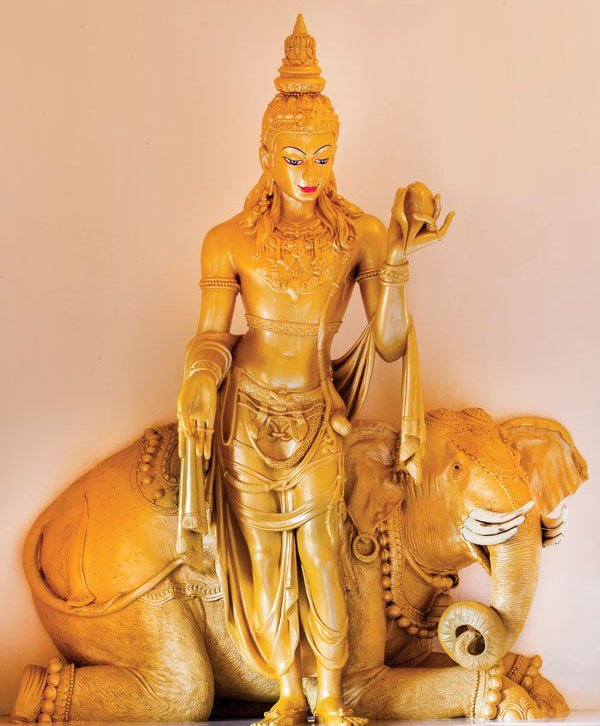
-
Sakyan
The Sakyans were a clan of people who lived in and around Kapilavatthu. This was the clan of the Supreme Buddha’s father. -
sal

-
Sāvatthi
The Buddha spent much of his time in Sāvatthi, either in Jeta's Grove or the Eastern Park.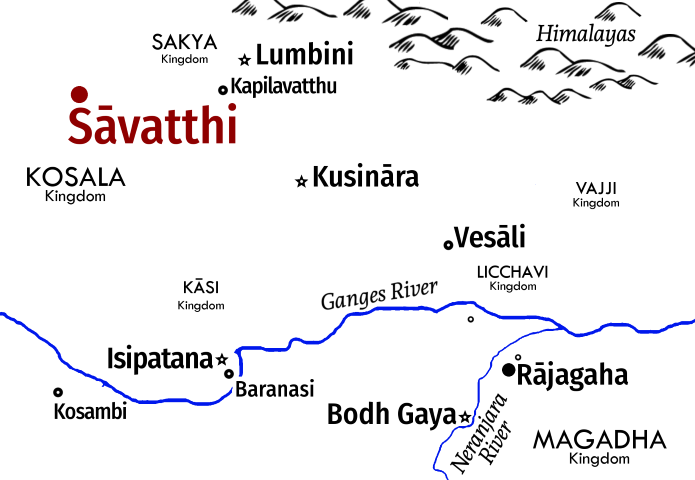
-
seclusion
When we are secluded, we are separated from other people or things. If someone is living in seclusion, they are living alone. -
sense faculties unguarded
When we are not careful in the way that we look, listen, smell taste, touch, and think, then we are not protecting our minds. -
sesame seed

-
seven treasures
The seven treasures of a Wheel Turning Monarch are 1) the wheel treasure 2) the elephant treasure 3) the horse treasure 4) the jewel treasure 5) the woman treasure 6) the householder treasure 7) and the counselor treasure. -
special knowledge
Directly knowing the Supreme Buddha's teachings for oneself, not just understanding the words. Pāli: abhiñña -
spiritual life
This can mean specifically the practice of celibacy for monastics, or in general following the Buddha's teachings. (Pāli: brahmacariya) -
stream-enterer
A stream-enterer (sotāpanna) is someone who has removed the first three fetters. They will never be reborn in a bad destination. They will attain enlightenment within seven lives. -
stūpa
Stūpas (chaityas, tūpas, etc) are shrines built to hold relics of the Supreme Buddhas or disciples of the Supreme Buddha. This is Mirisawetiya Stupa in Anuradhapura, Sri Lanka.
-
Suddāvāsa
Suddāvāsa means these five Brahmā worlds: Aviha, Atappa, Sudassa, Sudassi, and Akanitta -
supreme goal of the spiritual path
The supreme goal of the spiritual path is Nibbāna, the ending of the cycle of rebirths. -
taint
The taint of sensual pleasures (kāmāsava), the taint of desire for existence (bhavāsava), and the taint of ignorance (avijjāsava). -
Tathāgata
Tathāgata is a special name for the Supreme Buddha. You can learn the meaning in detail by reading Itv 112 Lokāvabodha Sutta. -
Tāvatiṁsa
The Tāvatiṁsa heavenly realm is ruled over by the god Sakka. -
the Four Great Gods
The Four Great Gods (Chaturmahārāja) rule over a variety of non-human beings. They are ruled over by the god Sakka. They are Dhataraṭṭha of the East, Virūlhaka of the South, Virūpakkha of the West, and Vessavana of the North. -
three roots of evil
Greed (lobha), hatred (dosa) and delusion (moha) are the root cause of our existence in saṁsara. -
timbaru
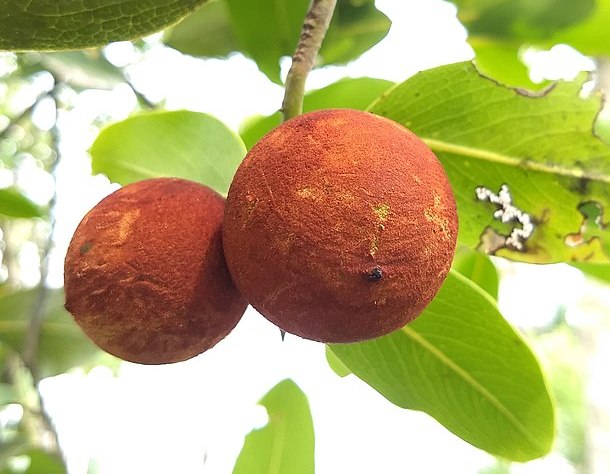
-
trainee
When the Supreme Buddha says someone is "in training", that means they are a non-returner, once returner, stream enterer, dhamma follower, or a faith follower. Arahants have completed the Buddha's training, so they are no longer a trainee. Pāli: sekha -
Triple Gem
The Buddha, the Dhamma (his teachings), and the Saṅgha (enlightened disciples) -
Triple Knowledge
The Triple Knowledges are part of the Supreme Buddha's and many Arahants enlightenment. They are 1) knowledge of previous lives, 2) knowledge of the passing away and 3) rebirth of living beings according to their kamma, and knowledge of the destruction of the taints. In Pali: 1) pubbenivāsānussati ñāṇa 2) cutūpapāta ñāṇa 3) āsavakkhaya ñāṇa -
Tusita
The Tusita heaven is a very happy place for the gods who live there. No fighting like in the lower heavens. Bodhisattas are always born in the Tusita heaven before they are reborn as a human who will become a Buddha. -
universal king
A universal king (cakkavatti rāja)is a person who has become the leader of the entire world only by the power of their previously done good karma. It is a similar good karma as someone who can become a Supreme Buddha. -
unshakable confidence
When someone has unshakable confidence or faith, their faith cannot be damaged, but it can continue to grow. -
Uruvelā
Uruvelā is the ancient name of the place we now call Bodh Gaya. It is where the Buddha attained enlightenment.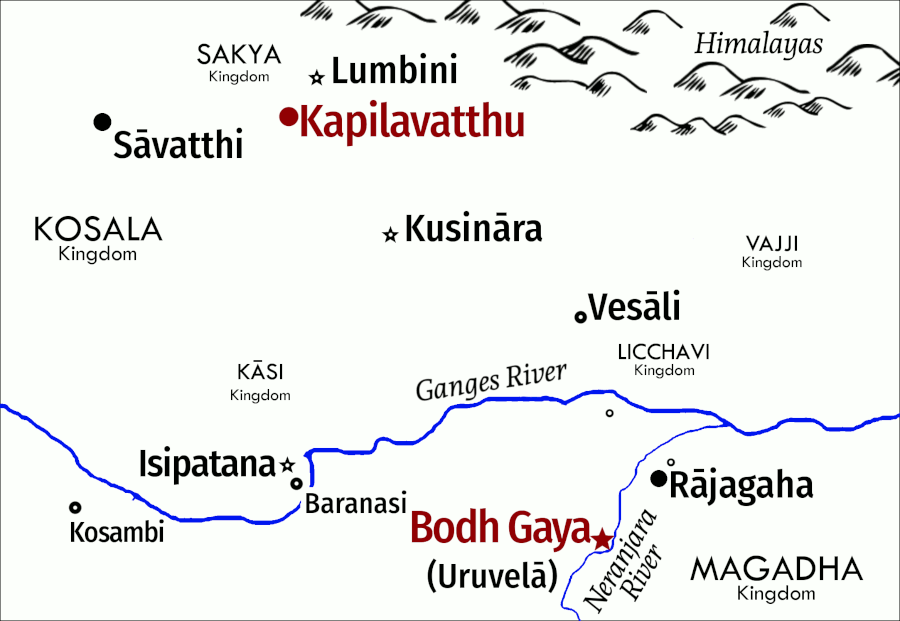
-
verbal misconduct
1) lying 2) malicious speech 3) harsh speech 4) useless speech -
virtuous
A person who is virtuous keeps the precepts and always tries to do good things and give up doing bad things. -
Vulture’s Peak
Vultures's Peak (Gijjhakuta) is a mountain located outside of the city of Rajagaha. The Buddha spent a lot of time living there.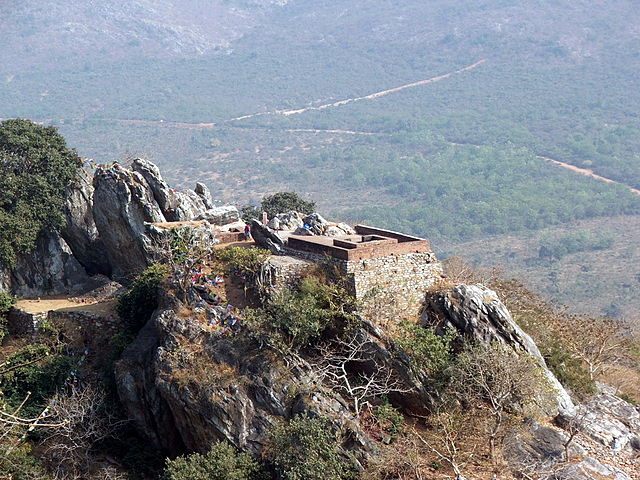
-
wise consideration
When we consider wisely, we examine life and the world according to the Supreme Buddha's teachings. Pāli: yonisomanasikāra -
yakkhas
A yakkha is a type of non-human being. Some yakkhas are disciples of the Supreme Buddha, like Ālavaka. But most are not. Yakkhas are very powerful and cannot usually be seen by humans. Below is a statue of a yakkha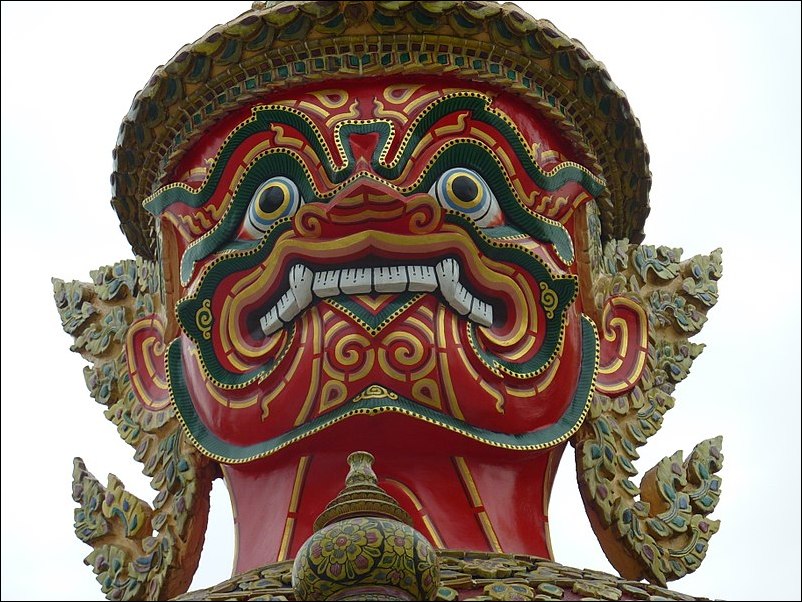
-
yoke
A yoke helps connect an animal to a machine like a plow. It has a place for the animal to put its head through.
